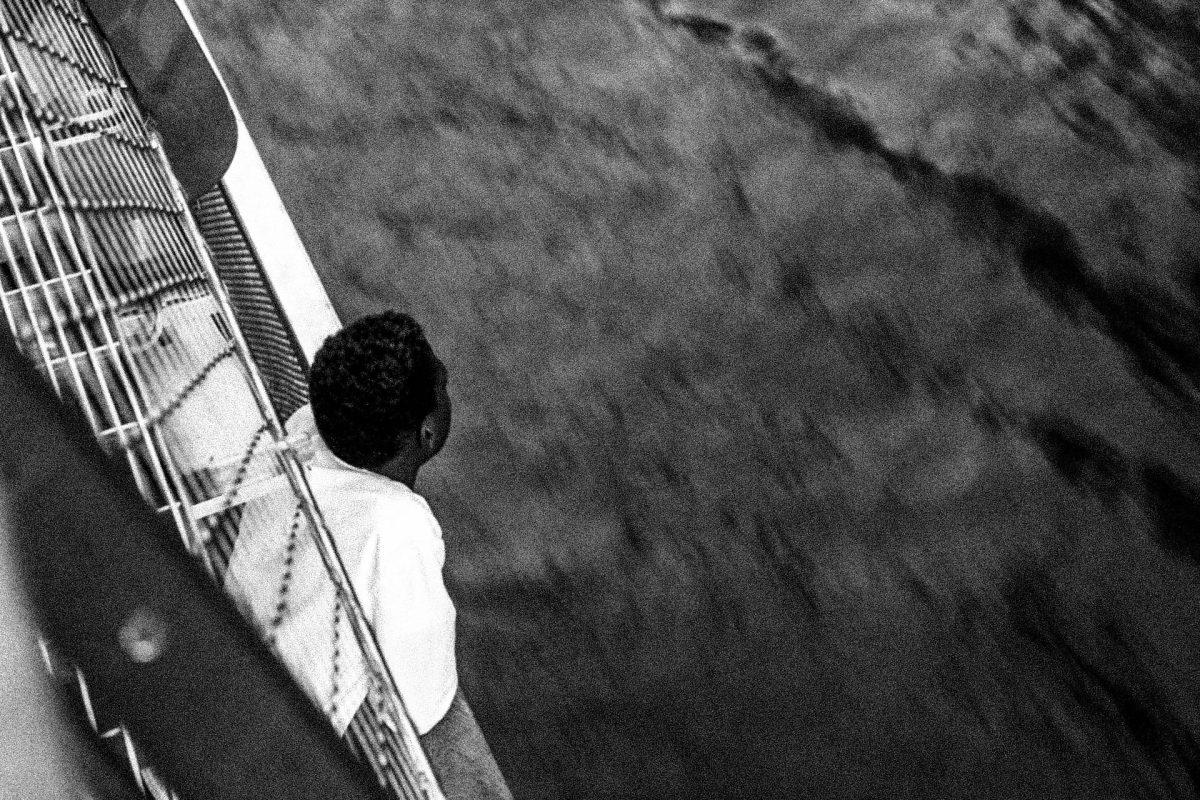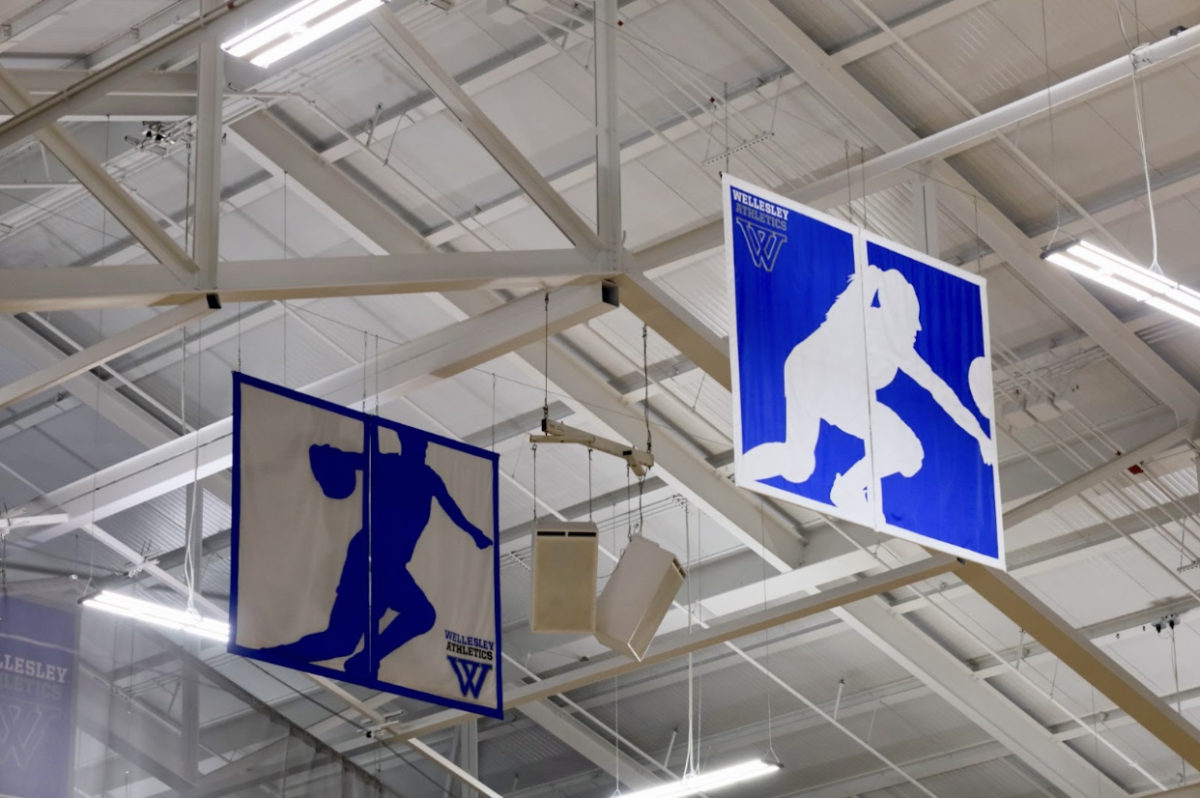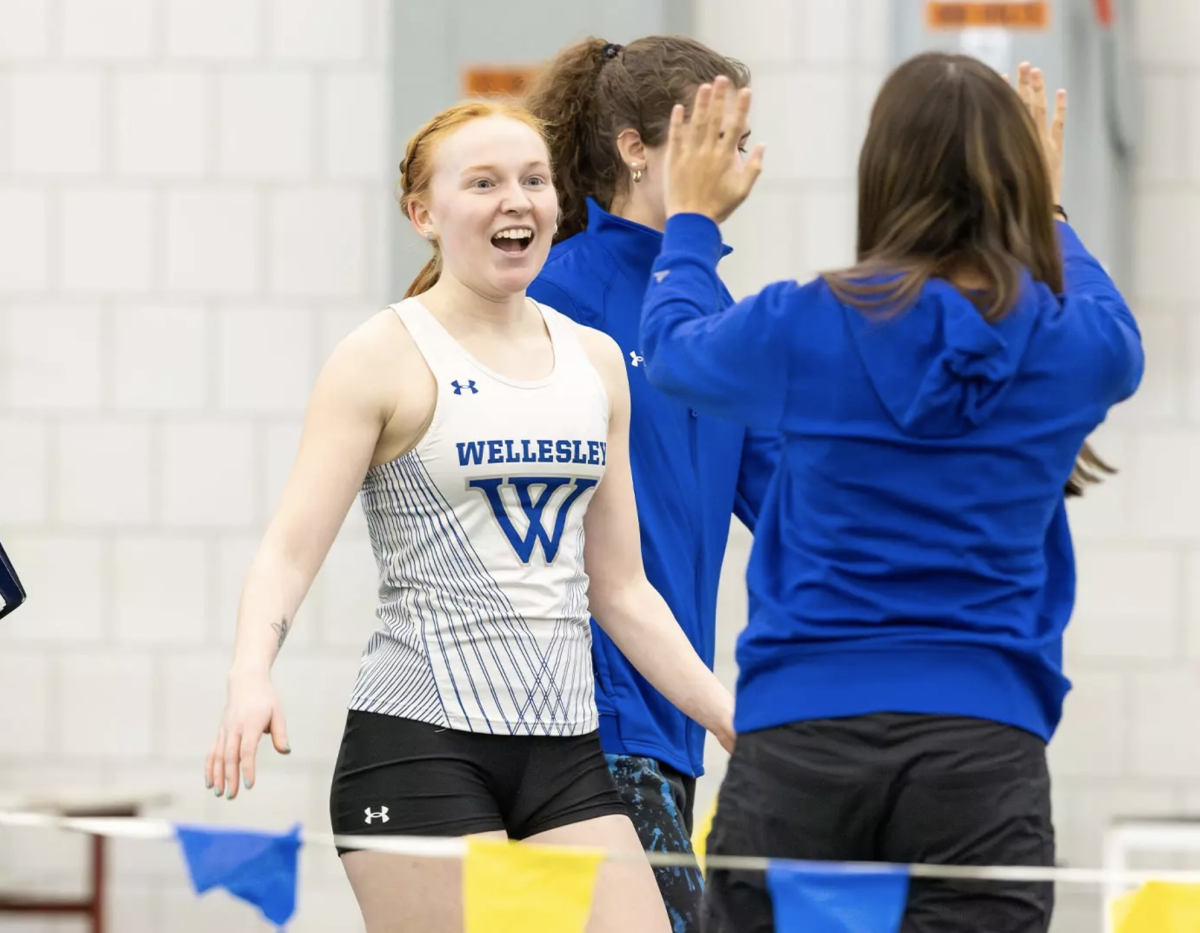With the winter solstice rapidly approaching, the days are becoming shorter and shorter. It now starts to get dark around 4 p.m., before students get out of their afternoon classes or eat dinner. Although the increased darkness may have psychological effects, the darkness also affects many students’ daily activities.
It is common for students to not want to be productive when it becomes dark. They would rather go back to their dorms and sleep. It is especially difficult for first years to adjust to later classes than in high school and to more evening activities that they have to walk to. I come from Massachusetts, so I have been experiencing these types of winters my entire life; however, the early sunsets feel different this year because I now have to walk outside in order to get dinner or study at the library. At home, I did not realize it as much because I could drive, allowing me to have a faster commute and stay out of the cold.
The darkness tends to play tricks on one’s internal clock. When it is dark, regardless of what time it is, people have the tendency to want to go to sleep or relax. The human body produces more melatonin, so people tend to become tired earlier in the winter than they do in the summer. Yet still, students are expected to fit an entire day’s worth of activities into fewer daylight hours than they had at the beginning of the school year.
Earlier darkness and colder weather can affect exercise habits. Students may not feel like going to the gym if it means having to walk across campus and back in the dark. The shorter days also allow less time to go to the gym during the day in between classes. Also, exercise may decrease for the obvious reason: it is cold outside. Students who prefer going for a run outside rather than lifting weights or running the treadmill are less inclined to dress warmly and go for a run with the cold air blowing at their face and their toes slowly freezing.
Even though the darkness may have some negative effects, there are many ways to combat them. Try to avoid getting into bed when it gets dark, because that will only make you more tired and sleepy. If you feel like you are becoming tired earlier, try to avoid doing homework in your dorm room or from your bed. Instead, find a public area to do work more productively. Regardless of what it looks like outside, eat dinner at the same time that you normally would if it were the beginning of the school year. This will help prevent going to bed at an early hour. If you have a daily routine, try to stick to it. If you don’t, create one, and challenge yourself to stick to it. Lastly, when leaving your dorm, dress warmly and prepare for all types of weather in case you end up returning later than you expected. Although conditions may not be ideal, try to exercise as much as possible, since exercising can help alleviate stress. All of these tips will be extremely helpful as the winter months continue. If you need help dealing with the effects of daylight savings, don’t be afraid to reach out and ask a professor, RA or a class dean.




